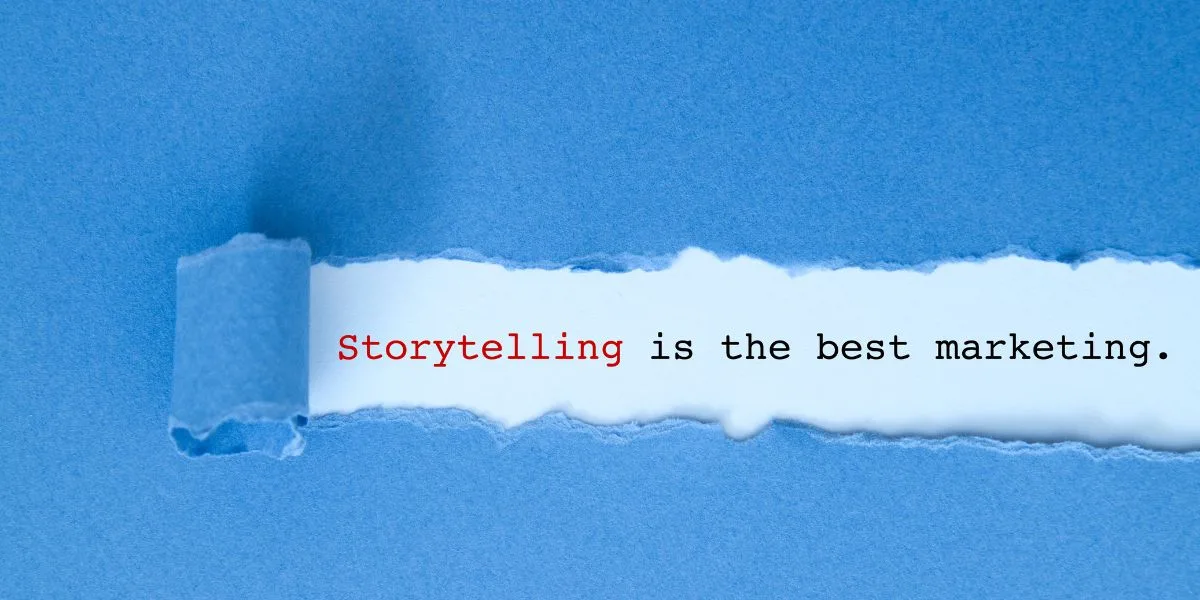Listen to this Article
Estate planning seminars are a powerful marketing solution to connect with clients, demonstrate your expertise, and build trust with individuals looking for guidance. By creating engaging and well-planned estate planning educational workshops, you can educate your audience, strengthen your reputation, and ultimately grow your business. However, simply hosting an event isn’t enough—success comes down to preparation and execution. Here are seven tips to ensure you make the most of your estate planning seminars.
1. Know Your Audience and Their Concerns
The first step to hosting successful estate planning educational workshops is understanding who you are trying to reach. Most attendees are concerned about protecting their assets, avoiding probate, or ensuring their loved ones are taken care of after they’re gone.
Use this knowledge to tailor your content so it resonates with your target audience. Address common pain points and emphasize how estate planning simplifies complex financial and legal issues. By positioning yourself as a trusted resource, you’ll establish credibility and keep attendees engaged.
2. Create an Informative, Easy-to-Follow Agenda
An effective estate planning workshop strikes the right balance between education and clarity. Too much technical jargon can overwhelm attendees, while oversimplified content may feel unhelpful.
Break the seminar into clear sections, such as an introduction to estate planning, key components (like wills, trusts, and healthcare directives), and actionable next steps. Use real-world examples or scenarios to make the material relatable and help your audience understand how estate planning works in practice.
3. Promote Your Event Through Multiple Channels
To ensure strong attendance at your estate planning educational seminars, you need to spread the word effectively. Combine digital advertising, email invitations, and direct mail campaigns to reach your ideal audience.
Create a sense of urgency by emphasizing limited seating or the value of the information being shared. Partnering with local organizations or community groups can also help expand your reach and bring in attendees who may not otherwise hear about your event.
4. Offer Value-Driven Content, Not a Sales Pitch
Your primary goal at an estate planning seminar should be to educate—not sell. Attendees are there to learn about estate planning, not sit through a sales presentation. Focus on delivering high-quality, actionable information that helps them understand the importance of planning for the future.
While it’s okay to mention your services, save direct promotion for the end of the seminar or offer attendees a free consultation as a follow-up. When people feel genuinely informed, they’ll be more likely to trust you and seek out your services afterward.
5. Engage Your Audience with Stories and Questions
To keep your audience engaged throughout the seminar, incorporate storytelling and encourage interaction. Sharing real-life examples (while maintaining confidentiality) helps illustrate the benefits of proper estate planning and the risks of not having a plan in place.
Ask questions to encourage participation and keep attendees invested in the conversation. For example, you might ask, “Who here knows what happens if you don’t have a will?” or “What are your biggest concerns about planning for the future?” Creating dialogue fosters a stronger connection and makes the experience more memorable.
6. Prepare High-Quality, Take-Home Materials
Attendees may not absorb everything you share during the workshop, so it’s important to provide handouts or take-home materials they can review later. A well-designed packet might include a summary of key points, a checklist for starting the estate planning process, and a list of your services with contact information. Not only does this reinforce what you’ve discussed, but it also gives attendees a clear next step for working with you.
Ready to Learn More and Grow Your Practice?
Whatever your goals, our expert team is here to help you reach new heights. As the estate planning industry leader in customer acquisition, we can design and implement dynamic multichannel marketing solutions that turn high-income prospects into quality appointments for you.
7. Follow Up to Turn Attendees into Clients
Your relationship with attendees doesn’t end when the seminar is over. Following up is crucial to converting seminar participants into clients. Send a thank-you email with a brief recap of the seminar and an offer for a free consultation or planning session.
For those who may not act immediately, consider adding them to a nurture campaign that delivers helpful content about estate planning over time. By staying in touch, you’ll remain top-of-mind when they’re ready to take action.
Final Thoughts
Hosting estate planning seminars or workshops can be an excellent way to educate your community, build trust, and grow your client base. When you focus on delivering value, creating a seamless experience, and following up thoughtfully, you’ll leave a lasting impression on your audience. By implementing these seven tips, your estate planning educational seminars will become a key driver of success for your practice.












